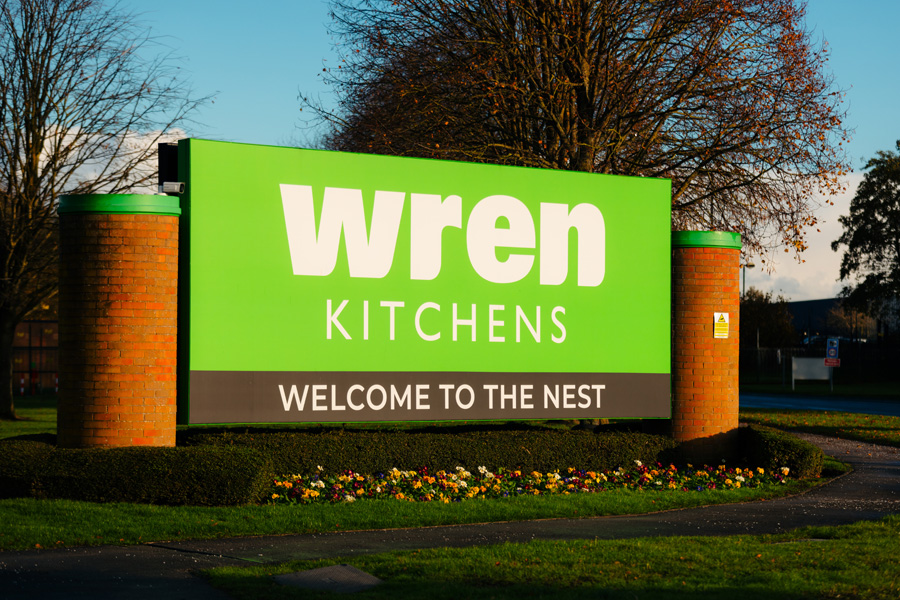The Construction Leadership Council has written to both the
Secretaries of State at the Department of Business, Energy & Industrial
Strategy and the Department for Levelling Up, Housing and Communities urging
them to put a brake on the introduction of CA Marking for construction
products.
The switch from CE to CA certification has already been
delayed and is due to be implemented in January 2023.
However, the CLC has asked Business Secretary Grant Shapps
and Levelling Up Secretary Michael Gove for a further delay of two years.
In the letter, Construction Products Association chief
executive Peter Caplehorn and CLC co-chair Mark Reynolds said: “One area of
initial concern we would like to draw your attention to is the decision to move
from CE to UK CA marking, effective from January 2023.

“The Construction Products Regulations UK (CPR) were adopted
into the UK from the original EU regulations as part of the Brexit
negotiations. These regulations are specific to construction products, with separate
provisions and definitions from the wider product regulations used in the wider
economy.
“The CA mark and transition arrangements from CE remains
unclear and the UK testing capacity has not been able to scale up to meet the
demands. Not all products are affected but many of the most important to
construction are, such as glues and sealants, glass, insulation, radiators and
passive fire protection to name a few, which are all necessary to deliver the
new homes, schools and hospitals the country needs.
“Approximately 28% of products are imported and half of that
from the EU and therefore these products are also affected. As a result, many
global manufacturers now regard the UK as just too difficult to do business
with, which has resulted in products being withdrawn – impacting on the UK’s
ability to deliver completed projects.”
The CLC has previously proposed a number of solutions that
can be put in place for the short and medium term, while the complexities are
considered and resolved in the longer term.
It has now asked the Government to urgently consider:
- Suspend the implementation of UK CA marking for at least 2
years.
- Establish a joint working party between Government and the
Construction sector to plan a transition to the new arrangements.
“Given the current business environment of significant
material inflation, increased energy costs and uncertainty, we call for urgent
action and intervention to assist the construction sector to remain resilient
and deliver upon the current and future needs of the country,” the letter adds.
The CLC points out that only products that have a harmonised
standard (now designated standards in the UK) are covered by the CPR.
The UK decided that to gain CA marking construction products
with a harmonized /designated standard need to be retested and certified by a
body in the UK. The same product is put through the same process to achieve a
change from CE to CA at a cost of between several thousand to several hundred
thousand pounds by a body in the UK. Some products require several tests.
There are currently about 440 such standards some will cover
one product some many products.
In addition, there are an increasing number (approx. 400) of
further and updated versions of standards held up in a dispute between the EU
commission and CEN-CENLEC, (the standards body) that at some stage will need to
be reflected in the UK designated standards list. This is important because
these relate to updated standards that are needed to support the latest good
practice but can only be unofficially ‘recognised’ at present.
There is relatively limited certification and testing
capacity across the UK. The EU has around 770 facilities, the UK around 40. Not
all such facilities can test all products. These facilities have come under
pressure as the product sector has reacted to achieving CA marking. Manufacturers
from further afield also need these facilities and are creating further demand
as they try to achieve CA.
For many product groups there is no ability or very limited
capacity to undertake this retesting and certification in the UK. The EU has a
mature well organised certification and testing environment led by EOTA
(European Organisation for Testing Assessment). Standard approaches and
guidance documents are organised through this network. The UK bodies have been
slow to come together, and leadership is desperately needed.
So far, the UK has not provided any similar support. As a
result, over the 2 plus years this has been an issue very little progress has
been achieved and no substantial increasing testing or certification capacity
in the UK has been created.
The CLC acknowledges the easement issued in the summer
allowing existing products (subject to system 3) having a current CE mark and
related certification to gain CA status. It said this has reduced the potential
impact for now, however, it does not cover new products nor changes to existing
products that still remain an issue after the deadline at the end of this year.
It warns there is a risk that the UK in creating its own
standards this will further restrict our market resulting in further shortages,
delays and increased inflation.




















